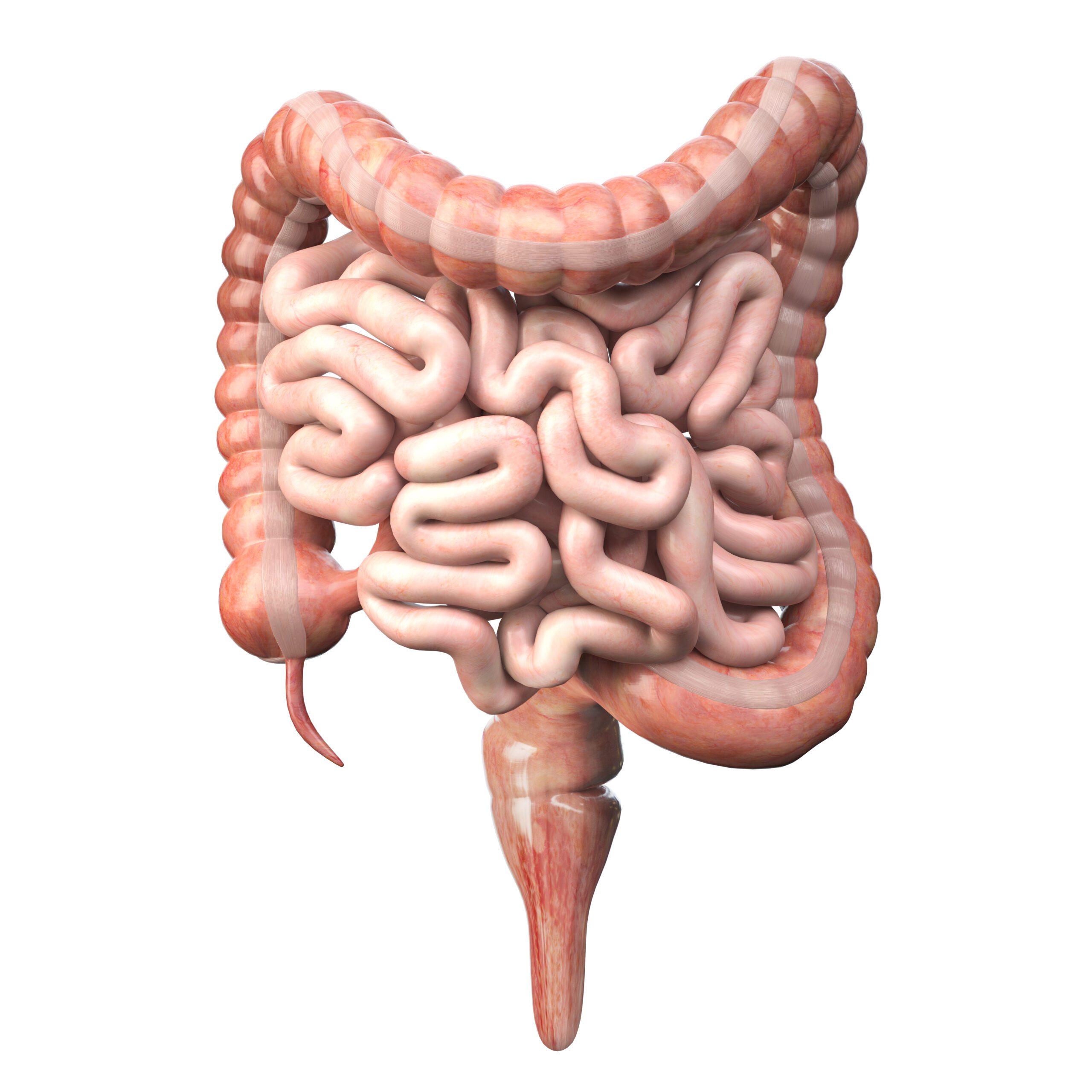
First problems with the diabetes drug Avandia, now this… The FDA has announced the GlaxoSmithKline vaccine for rotavirus, called Rotarix, could increase risk for serious bowel problems – potentially fatal problems.
A study conducted in Mexico shows there is an increased risk of developing intussusception within 31 days after the initial dose of Rotarix. Intussusception is an obstruction that occurs when a portion of the bowel slides up to the next portion, similar to how the pieces of a telescope attach together. When this happens the walls of the intestines swell, inflammation sets in, and blood flow to the intestines is decreased.
This isn’t surprising, as GSK’s rotavirus vaccine has had problems from the get-go. The alarming fact is that the vaccine will remain on the market until next year–after the FDA has reviewed the final study results.
These problems aren’t new developments.
This isn’t the first time rotavirus vaccines have caused problems, specifically problems with intussusception. In many cases, young baby’s intestinal tracts were so affected that surgery was required to repair it. When you consider all this, it doesn’t make any sense that the FDA isn’t being more proactive and taking urgent action to safeguard our children.
The risk of intussusception is bad enough, but more research has shown that Rotarix was contaminated with the DNA from a pig virus. Although the FDA and GSK say that the contamination didn’t cause any safety risk – that they know of yet – that seems to be even more reason to take the vaccine off the market.
So what is a parent to do?
Do your research before getting your children vaccinated for rotavirus.
Before you subject your child to the potential risk of this vaccine it’s helpful to also know the risk of rotavirus, which is what the vaccine is supposed to prevent. It’s true that rotavirus is contagious and causes more than 500,000 deaths in young children every year. However this occurs mostly in underdeveloped countries. In the United States, the number of deaths is significantly lower–“several dozen”–a year, according to the FDA.
When a child contracts rotavirus, as most do, usually plenty of rest and fluids will get them over it quickly. And once they are initially infected they’ll develop a life long natural immunity.
What this all means is that unless you are living in an undeveloped country you don’t need to vaccinate your child for rotavirus in the first place. Another point to consider is that the vaccination is widespread, yet it appears to have no effect on the rate of rotavirus infections. Even GSK states that the vaccination will not provide 100% protection.
Ultimately, the vaccine introduces serious risk but little to no benefit to negate the risk.
If you had to choose between your child contracting a mild disease where they can recover with rest and fluids PLUS get lifelong immunity . . . or risk getting vaccinated and suffering a potentially fatal intestinal blockage, which would you choose?
For most concerned parents, the answer is glaringly obvious.

A new study suggests that a widely used sugar substitute found in diet sodas, chewing gum, and low-sugar yogurt may elevate insulin levels. This could increase the long-term risk of heart disease. “Artificial sweeteners have infiltrated nearly all types of food, making it crucial to understand their long-term health effects,” said Yihai Cao, senior author […]

Diet Coke has long been a fan-favorite among soda lovers who want a fizzy, guilt-free alternative to traditional soft drinks. While its zero-calorie, zero-sugar label makes it seem like a healthier option, the reality is far more concerning. Despite its undeniable popularity, Diet Coke’s nutritional profile has raised red flags among health experts for years. […]

New study shows that embracing an anti-inflammatory, plant-forward diet can support cognitive function and help reduce the risk of dementia. What You Eat Shapes Your Brain The food you eat doesn’t just impact your body—it also affects your brain. Research suggests that eating an anti-inflammatory, plant-based diet can help improve memory, focus, and overall brain […]